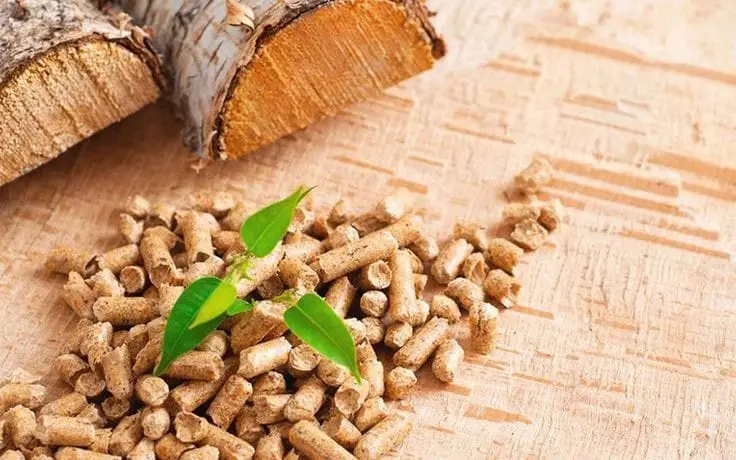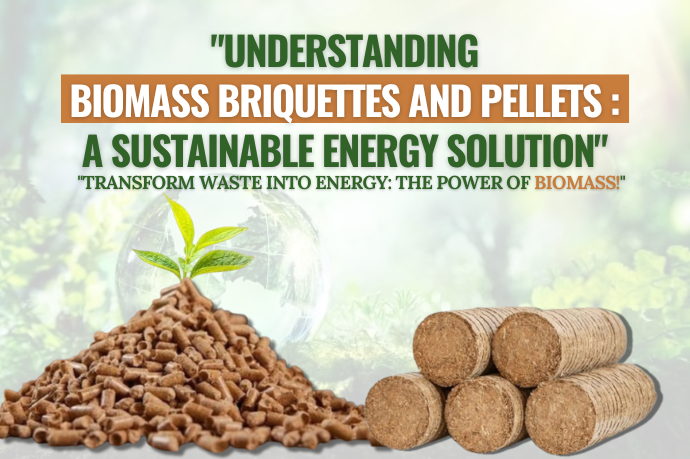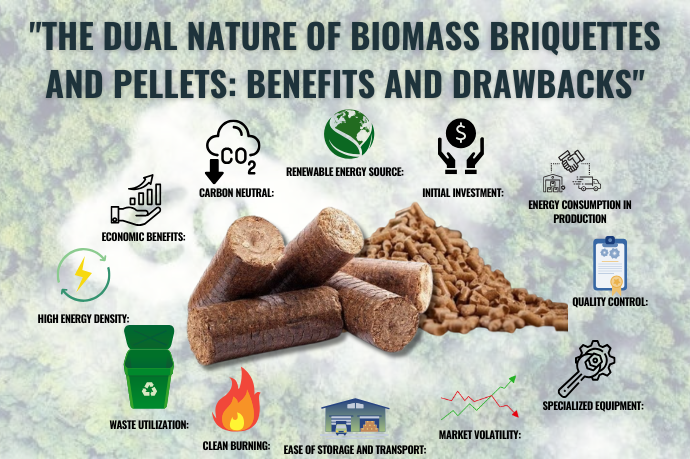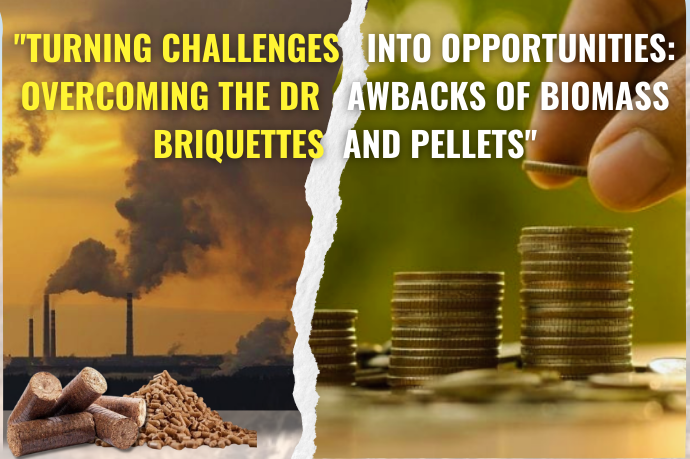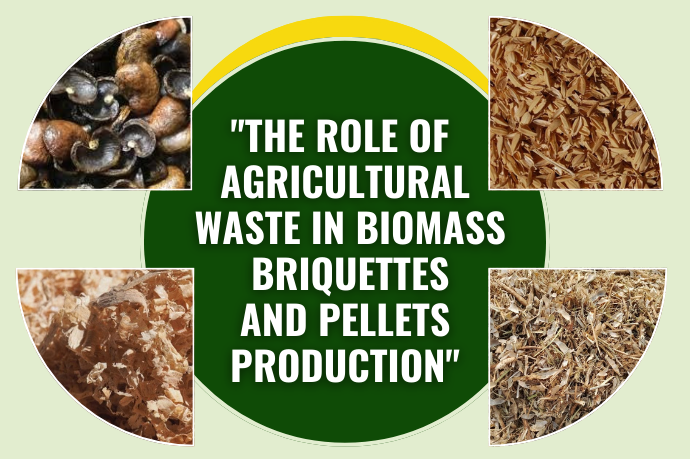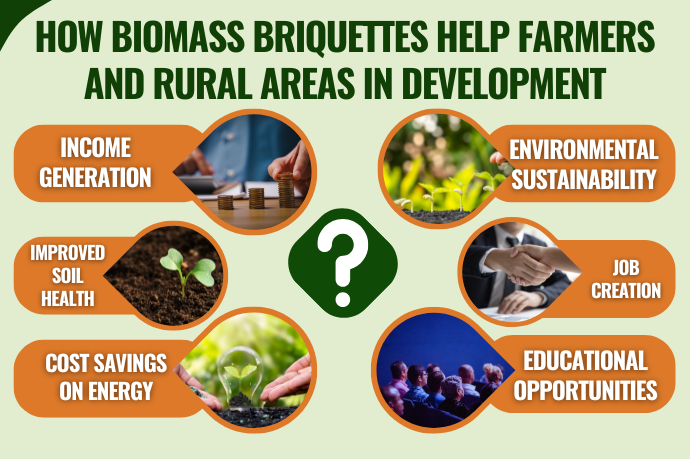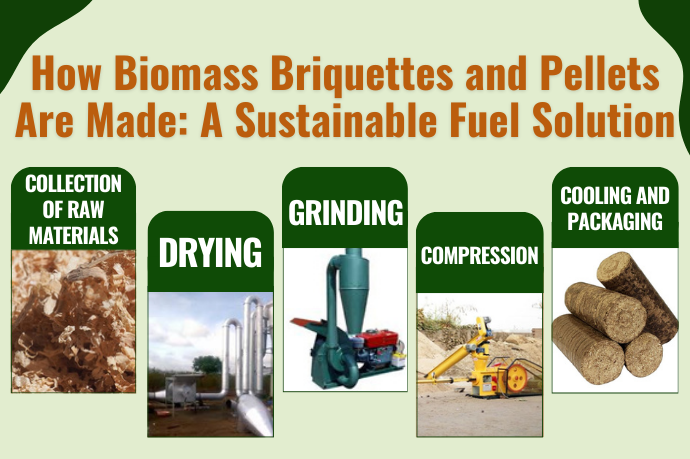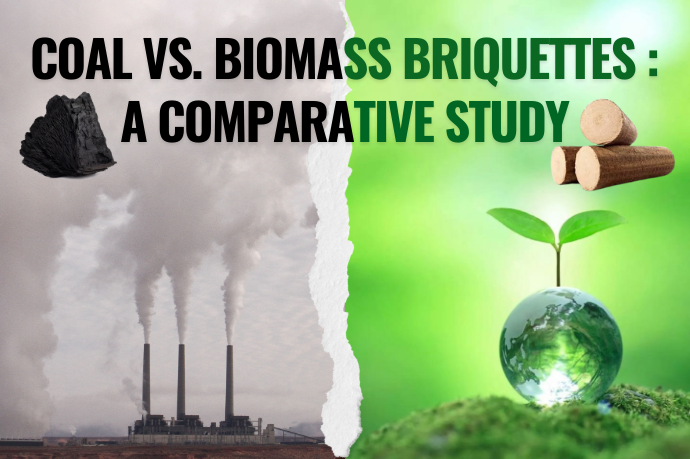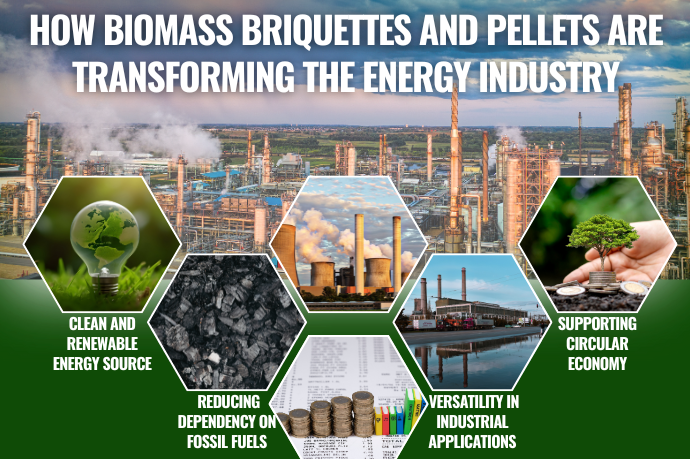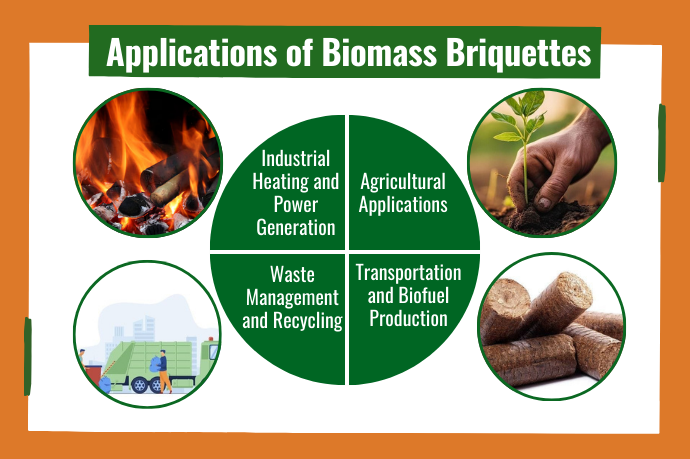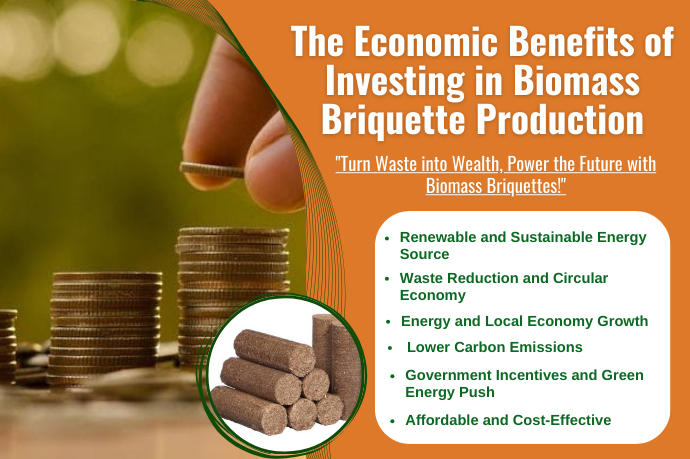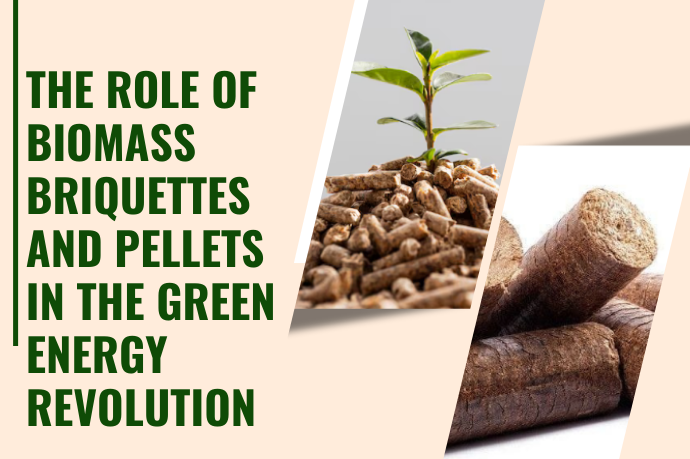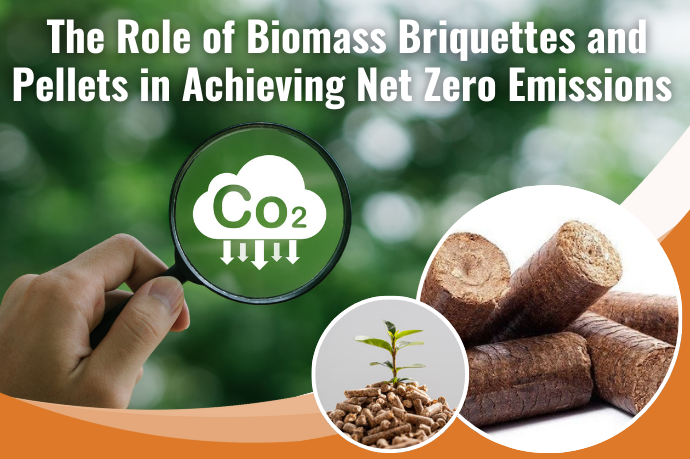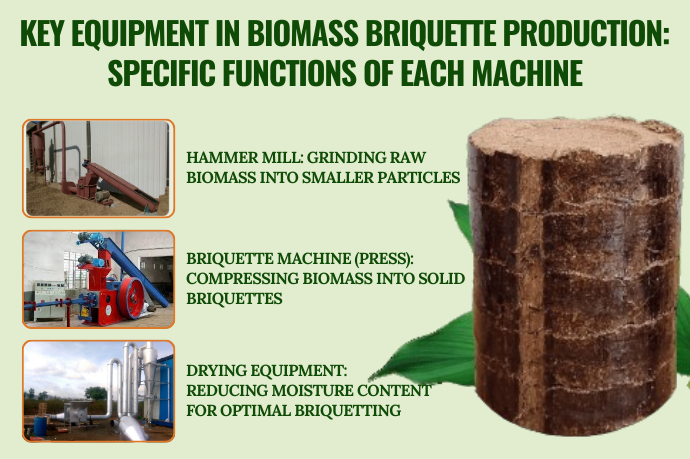Biomass Residue and Biofuels Recycle Waste Using Biomass Briquettes and Pellets
Biomass briquettes and pellets are innovative solutions for recycling waste and promoting sustainable energy. They utilize biomass residue—organic materials left over from agricultural, industrial, or forestry processes—and convert it into useful fuel. Here’s how this process works and the benefits it offers.
Understanding Biomass Residue
Biomass residue includes a variety of organic materials, such as:
Agricultural Residues: Crop leftovers like straw, husks, and stalks.
Wood Residues: Sawdust, wood chips, and bark from lumber production.
Food Waste: Leftover plant materials and other biodegradable waste.
These materials often end up in landfills, contributing to waste problems and greenhouse gas emissions. Biomass briquettes and pellets provide a way to recycle these residues into energy.
Benefits of Recycling Waste Through Biomass Briquettes and Pellets
1. Waste Reduction: By repurposing biomass residues, we divert significant amounts of organic waste from landfills, helping to reduce overall waste.
2. Sustainable Energy: Biomass briquettes and pellets serve as renewable energy sources. They can be used for heating, cooking, and even electricity generation, providing a cleaner alternative to fossil fuels.
3. Lower Carbon Emissions: When burned, biomass fuels produce fewer greenhouse gases compared to traditional fossil fuels. This contributes to better air quality and helps mitigate climate change.
4. Economic Opportunities: The production of biomass briquettes and pellets creates jobs in rural areas, from collection and processing to distribution and sales. This can stimulate local economies and support farmers.
5. Energy Security: Utilizing local biomass resources enhances energy independence, reducing reliance on imported fuels and protecting communities from price fluctuations.
Conclusion
Biomass briquettes and pellets play a vital role in recycling waste and promoting sustainable energy. By transforming biomass residues into usable fuel, we can reduce waste, lower carbon emissions, and create economic opportunities. As awareness of these benefits grows, biomass briquettes and pellets will likely become an increasingly important part of our energy landscape, contributing to a cleaner and more sustainable future.





